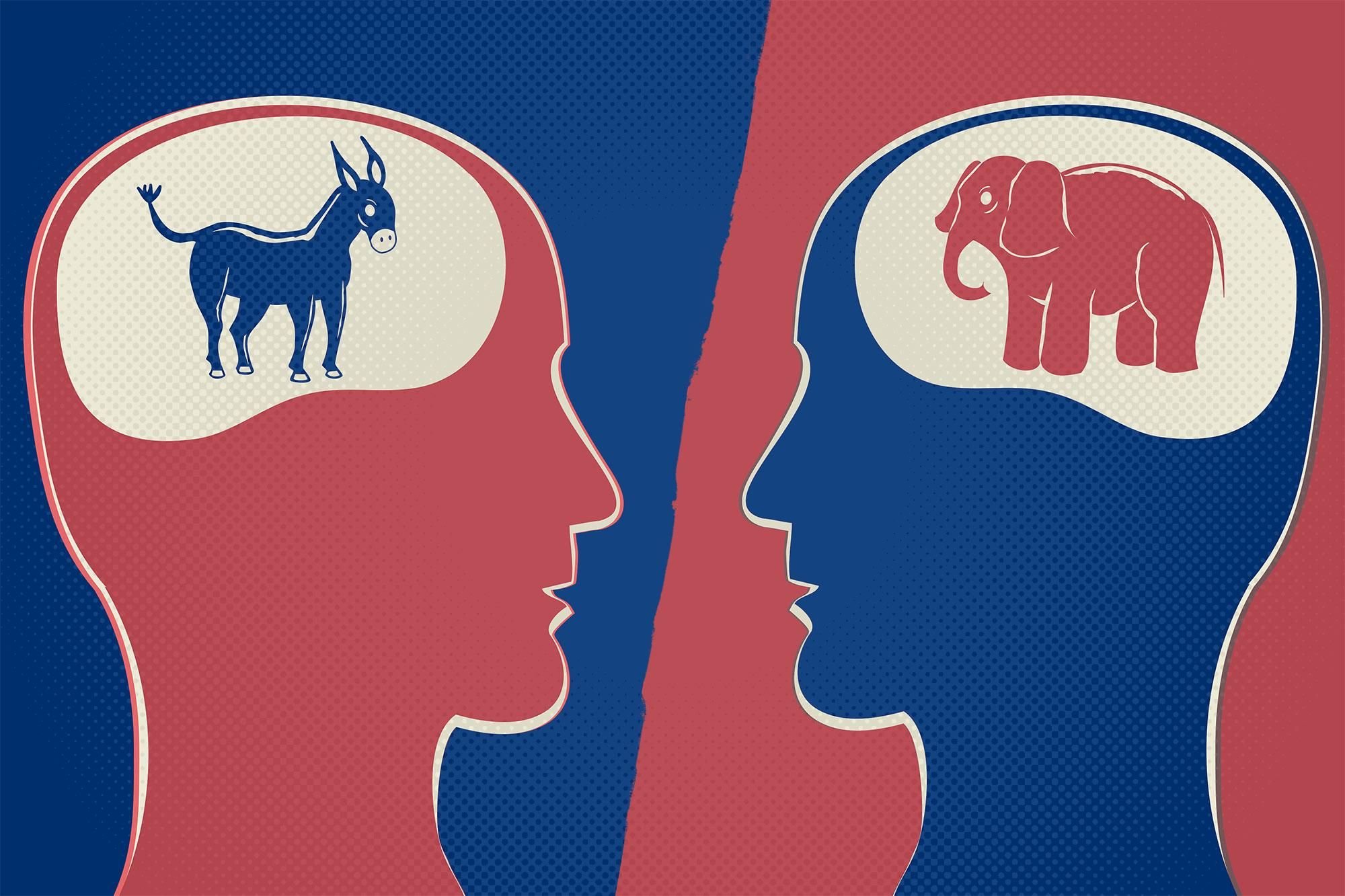WHRB Reviews Hidden Brain: Nature, Nurture And Your Politics

With midterm elections rapidly approaching on the horizon, political divides are indutibly at the forefront of many Americans' minds. On a recent episode of Hidden Brain, a podcast produced by NPR using science as a means of storytelling, Shankar Vedantam sits down with John Hibbing, a professor at the University of Nebraska-Lincoln, to discuss partisan divides. In Hibbing’s work, he investigates how biological variations mitigate the way in which individuals respond to politically based environmental occurrences. In reference to the enduring “nature versus nurture” argument, the two discuss what biological factors shape our politics, the psychology behind political identities, and the origin of partisan beliefs.
Hibbing acknowledges that environment has a major impact on the political outlook of any individual, but he also brings up that environment might not be the only factor at play. He states in the interview, “we would look at brain scan results and we could be incredibly accurate knowing whether they're liberal or conservative, just on the basis of that.” Shockingly, his findings show that 30 or 40 percent of our political attitudes come from genetics.
Throughout the show, Hibbing recounts studies that compare the common neurological and behavioral differences of those at the opposite ends of the political spectrum, but he views this an an opportunity for understanding rather than division. He poses that the biological roots of political leanings could allow us to cultivate empathy for people who disagree with us. He states, “Our political beliefs are part and parcel of our entire being,” and thus should not be the basis for discrimination.
Katie McClanan is a member of the News department. For a more comprehensive understanding of Hibbing’s perspective listen to the full podcast here, and for more stories tune in to As We Know It at 12:30pm on Sundays.